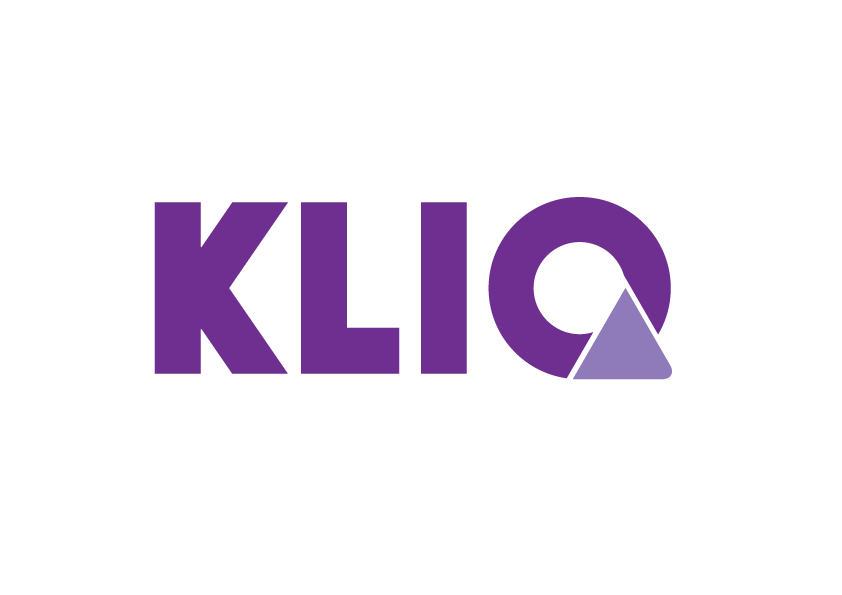Moral obligation
Discrimination and “other” treatment of LGBTQI+ employees is not always visible. It doesn’t always happen consciously or is not always intended in this way. Nevertheless, it can still leave its mark.
Is this something that could happen in your organisation?
There are only a few organisations where this could not happen. But being aware of it is a first step in the right direction.
We just saw a few examples of how LGBTQI+ employees are still suffering disadvantages in the workplace, and that this can have a negative effect on their mental health.
You could consider it a moral obligation to do something about this. If this argument is not convincing enough, here are two more arguments.
Argument 1
There are a number of European directives that prohibit discrimination against and disadvantaging of sexual minorities at work. These European directives have subsequently given rise to national laws. We do not discuss these directives in detail in this module, but we do refer to them so that you can find out more about them.
-
Directive 89/391/EEC
This directive deals with the adoption of measures to improve worker health and safety. This includes all aspects related to work, including the mental health of employees.
Special attention must be paid to the most vulnerable groups. This Directive already highlights possible vulnerabilities in certain groups which should be taken into account. -
Directive 2000/78/EC
This directive deals with equal treatment in employment and occupation and prohibits discrimination based on religion or belief, disability, age or sexual orientation. The video below contains more information on this directive. -
Directive 2006/54/EC
This directive deals with equal opportunities and equal treatment of men and women in matters of employment and occupation. This Directive also protects against discrimination based on gender reassignment.
Argument 2
Diversity (including gender identity and expression and sexual orientation) benefits employees and the organisation.
Watch the video below, it highlights some of the benefits of having diversity in gender identity, gender expression and sexual orientation.
Examples of benefits of diversity at work
- Better performance
- Different profiles bring in different perspectives
- Better decision making
- Higher creativity
- Better teamwok
- → Economic advantage for organisations
- Advantages for society as a whole
But just hiring employees with diverse backgrounds is not enough. You may have diversity in your workforce, but you cannot yet reap the rewards of this.
You need to work an continue to work on an inclusive organisation. Not with one-off symbolic actions, you need to integrate diversity and inclusion into your organisation’s policy. This module provides some practical guidance on how to achieve this.
